My Life in Books, plus a Chance to read Pawfect Partners, a YA RomCom
The phases of life, as seen through favorite novels
Hi, everyone! I wanted to share two quick updates on my writing life, then get on with the regular blog post.
I have a guest post at Black Wolf Editorial’s blog. Some of you may recall that I interviewed Judy L. Mohr a few weeks ago; this is her blog. I’m excited to share the post, How to Write Realistic Dialogue with non-native English Speakers. These are things that I learned in writing my latest manuscript (The Death of an Angel) which featured several Spanish-speaking characters, both through my own experience as an EFL teacher and from my freelance editor, a fluent Spanish speaker.
This past summer, I made a bargain with my teen daughter: if she did the weekly grocery shopping, I would write a YA rom-com. We brainstormed typical teen issues and events and characters, and I wrote a really horrible first draft of Pawfect Partners. As I have no plans to traditionally publish this book, I decided to serialize it on Substack for others to “enjoy” (or enjoy laughing at the attempt of a non-romance reading, non-funny, middle-aged woman who’s never owned a pet to tell a comedic romance with teens and dogs.)
Given that you, my dear readers, did not sign up for a serialized rom-com, I didn’t auto-subscribe my mailing list. But you can opt in and read along to the adventures of the ultra-competitive Ava and Greyson as they race (literally!) to save a dog shelter from being foreclosed upon by the landowner, Ava’s crotchety grandfather. The first chapter is already posted here.
Okay, on to the real blog post!
I saw a recent post by some bookish person that listed their life in five books, from childhood to their present age. (Unfortunately, I cannot remember who wrote that post.) It seemed like an interesting idea, so I tried to list books that characterized the tone/mood of each time period of my life, rather than simply what book I enjoyed at the time.
I’d love to hear from you, too. What books would you list as characteristic of your life?
Childhood: The Nancy Drew series. I devoured Nancy Drew as a young elementary school girl. And why not? Nancy was spunky, smart, and pretty—everything I aspired to be—with good friends and a boyfriend. I was too insulated in my white bubble to even see the casual racism in the original series, which was definitely a product of its time, but in retrospect, this was typical of my life.
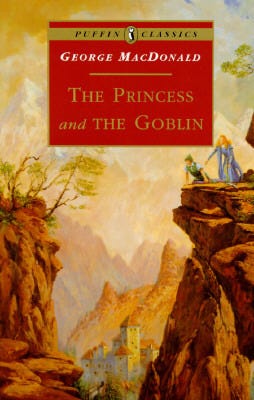
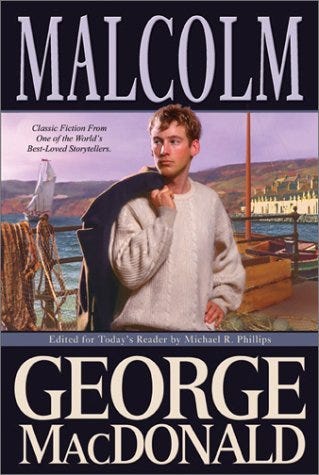
Middle School: There isn’t one novel that characterizes this time. I went through a phase where almost everything was a historical novel, usually revolving around the WWII era and/or Scotland, always from a Christian writer and publisher. (My mom was strict about what I could read.)
I went through a historical Scottish romance/suspense phase. In the evangelical Christian circles of my youth, the work of 19th century Scotsman George MacDonald (1824-1905) was being republished, though an editor/author updated MacDonald’s often convoluted writing style to suit modern readers. His style was still rather difficult, especially since MacDonald, a pastor, worked in quite a bit of theology into his dialogue. But at his best, MacDonald had engaging, sympathetic characters in his stories.
(Side note: If you enjoy fantasy, he authored quite a few fantasy novels and influenced later writers like C.S. Lewis and J.R.R. Tolkien.)
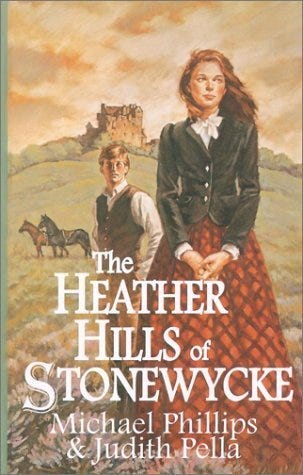
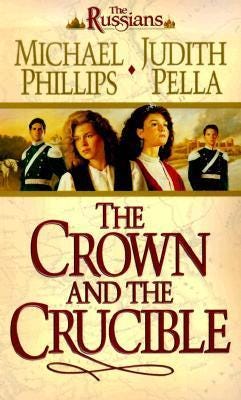
I wasn’t the only one who loved his work, and the editor, Michael Phillips, writing with Judith Pella, wrote a bestselling series of historical romantic suspense/family saga set in 19th century Scotland. The Heather Hills of Stonewycke had five or so sequels and ended with the family in the mid-1970s.
They later wrote a series set in Russia during the final days of the tsar-rule and the revolution, which was extremely educating for me. I have no idea how historically accurate any of these novels were. But I did learn about the structure of Russian names, which helped when I later read books by actual Russians like Crime and Punishment and Anna Karenina.
High school: Agatha Christie, And Then There were None. I read a version that used an older title, Ten Little Indians, which I later learned was a change from the original title with the n word in it. (The casual racism is appalling.) The title was racist, but Dame Christie is beloved by mystery readers for a reason: the woman was an expert at keeping the reader guessing. Being an easily frightened person, I stayed awake for hours that night, terrified. I kept replaying one of the final scenes, when (spoiler alert) Vera hangs herself.
This wasn’t just a memorable reading experience. When I look back at my high school years, I often replayed scenes in my head of embarrassing, frightening, depressing episodes from my life. And while my life wasn’t exactly as locked-room isolated as the guests-turned-victims of Christie’s novel, it was rather insular because I went to a very small school.
College/Grad school: Herman Melville, Moby Dick. I went through a rough period in college and graduate school; my mental and physical health tanked. I spent too many hours alone and lonely and in my head, not unlike the narrator Ishmael. Life was confusing; I had questions about faith, human nature, God, evil and good, all the things that Moby Dick explores. It fit.
Young motherhood: The Man Who was Thursday by G.K. Chesterton. If you haven’t had the dubious pleasure of reading this 1908 headscratcher of a novel, it’s short, elusive, sometimes funny, and probably not to very many people’s tastes. (It’s subtitled “A Nightmare” and Goodreads calls it a psychological thriller.)
Detective Gabriel Syme is engaged by a mysterious man to go undercover as a “philosophical policeman” to overthrow a group of anarchists. He infiltrates the group and is chosen to be in the seven member Central Council of Anarchists, all of whom are named for the days of the week. (He’s Thursday.)
Then (spoiler alert) he finds that every other man is also a cop posing as an anarchist. Except one: Sunday. He’s the mysterious, unseen man who hired each of them. There are dreams and symbols and weird costumes and balloon rides and the strange undercurrent of profoundity, that somehow, Chesterton is saying something about human nature and our relationships with God and each other. It’s … bizarre.
As a young mom, my college/grad school existential crisis was subsiding, though I still wrestled through the then-new diagnosis of bipolar disorder and had a lot of questions. But I was in a safe environment, with a loving husband and a supportive church, and I could start to grow as a person and writer, even even as I raised my kids.
Middle age (almost empty nester): Station Eleven, by Emily St. John Mandel. This came out years ago but I finally read it in the past few months. For those who don’t know, the book revolves around several characters at different points in their lives as they navigate the years up to and after a global pandemic that wipes out ninety-nine percent of the world’s population. The world’s infrastructure breaks down: no electricity, no internet, nothing. Only the need to survive and later, to rebuild this new, broken world so that people can live again and possibly, find joy—a new kind of joy—in living.
As someone who’s going to experience an empty nest sooner rather than later, I know that there will have to be a new normal. Before my kids were in school, I volunteer-taught ESL to students and we relied on the local school’s calendar for breaks. Before that, I went to grad school, which came after four years of college and thirteen years of school. In many ways, my life’s been dictated by school schedules since I was in preschool. What will life look like without that infrastructure, that rhythm of a school year? It’s not quite at the level of a global pandemic—thank goodness!—but it’s still a transition.
Over to you! What books would characterize the phases of your life?





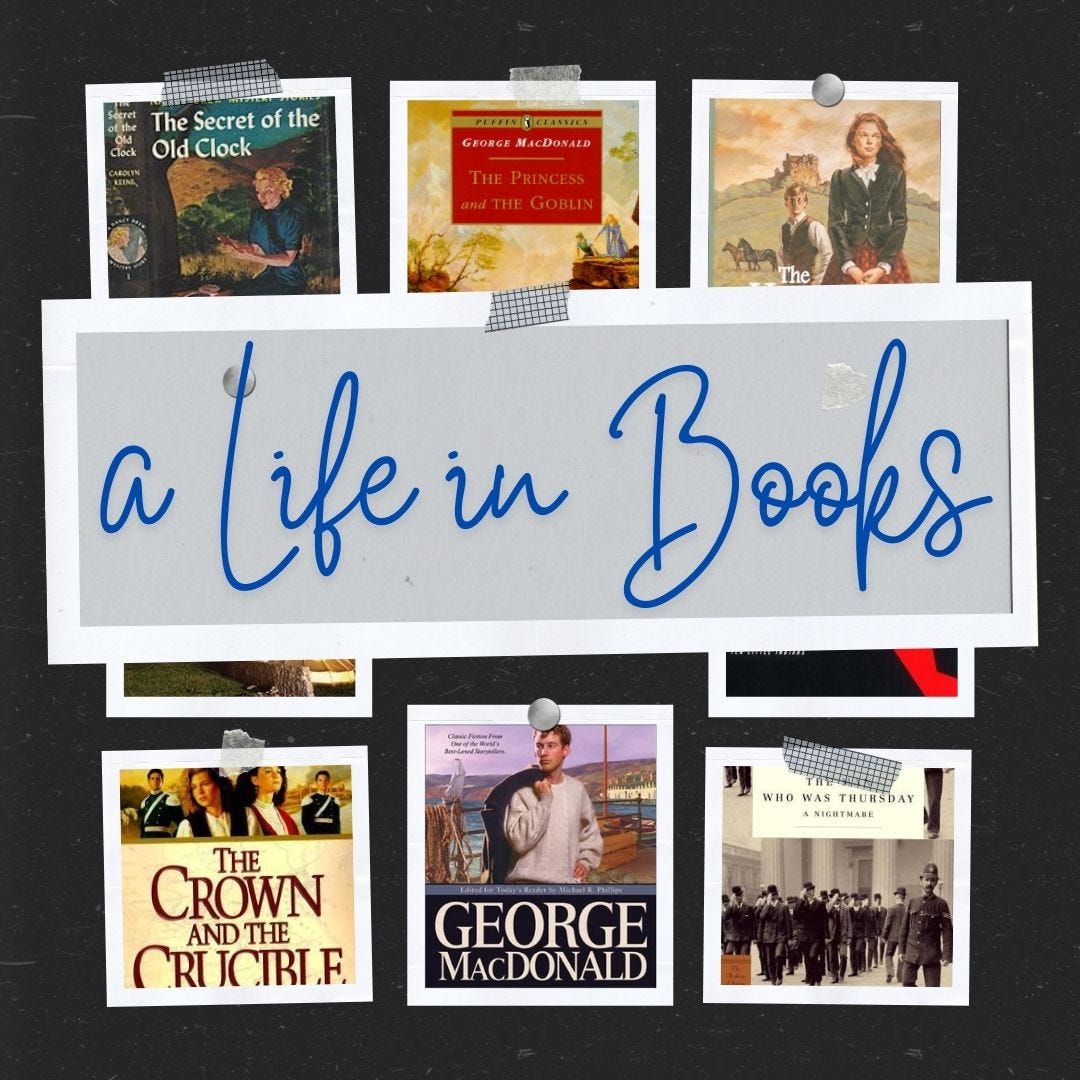
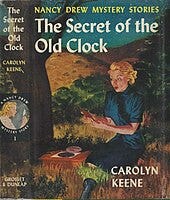
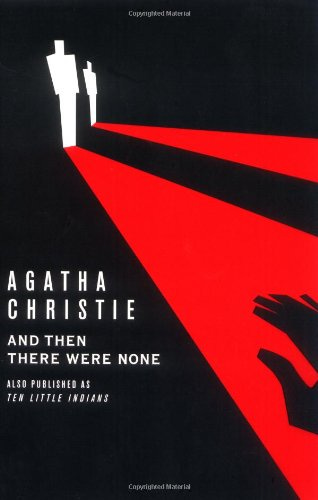
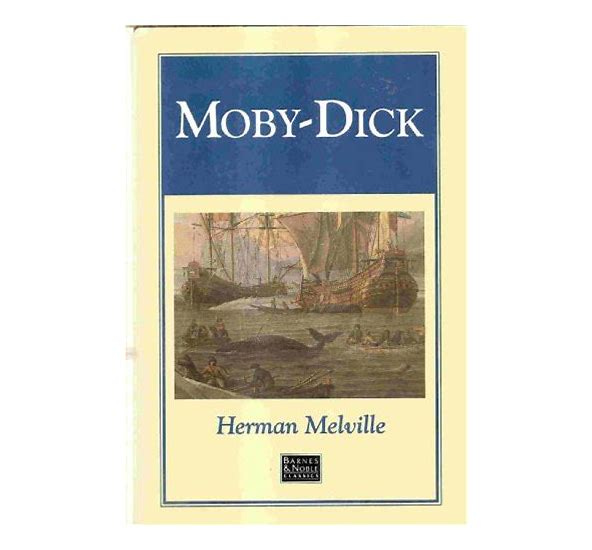
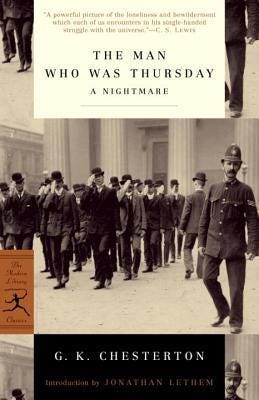
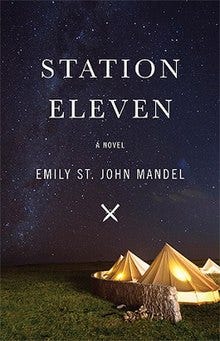
Interesting. I read almost everything until high school, when we were assigned "The Speckled Band" and I became a Sherlock Holmes addict, spreading to Agatha Christie, and beyond. Then some classic Science Fiction--Clarke, Bradbury, Heinlein.
This is a really interesting way of thinking about relating books to various parts/stages of our lives. I never thought about that. I need to look into these books; your descriptions weaving the book themes into the portions of your life is a unique way to describe a book.